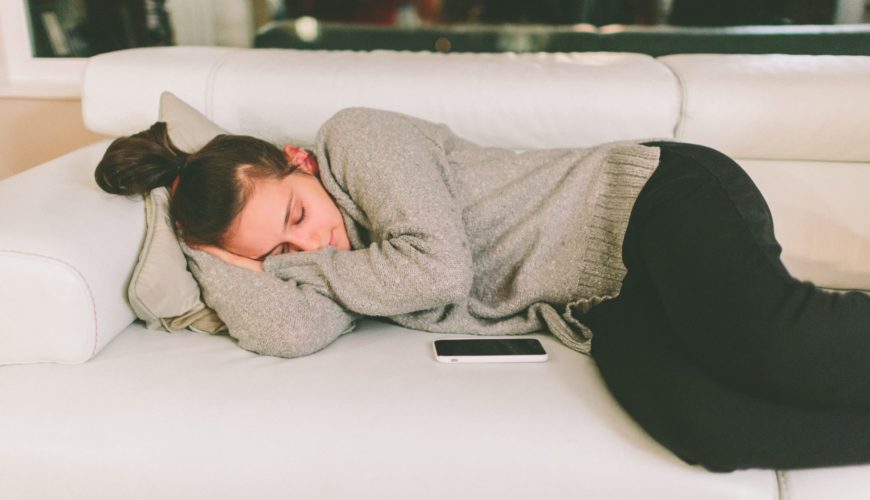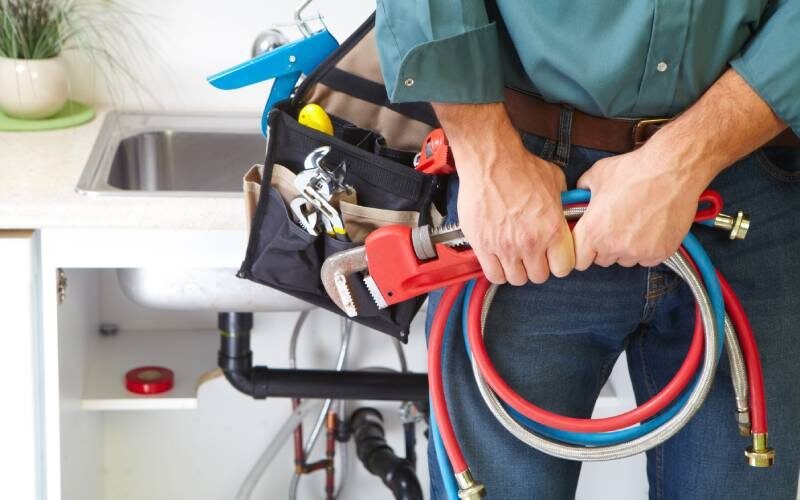With so many of us stuck at home, it is fair to say that the concept of time has gone out the window (even though we aren’t going outside). If you’ve been working from home, or just staying indoors, you may have found yourself having difficulty getting to sleep every few nights.
It’s not that we’re all napping during the day and staying up way too late every night, but that many people have completely thrown their circadian rhythm off balance without realising it.
Circadian what now?
When the sun rises and sets, it does so much more than mark the day. Everyone has their own circadian rhythm. It’s how the body reacts to light and dark cycles and can affect how we feel physically and mentally.
Being able to keep it in a good balance is key in helping with everything from getting a good night’s sleep to keeping the mind clear. A familiar example of disrupting this cycle would be that groggy feeling that is hard to shift after staying up late or having a miserable night’s sleep.

So what does lockdown have to do with all this?
While we’re all indoors, two significant changes are occurring:
- We’re not getting the same exposure to natural sunlight
- We’re staring at devices for more prolonged periods
Your body loves being outside in the daytime and being able to get vitamin D from the sun. This is where you’ll also get a natural source of blue light exposure every day. With everyone inside, as we binge TV shows on ultra HD televisions, sit way too close while playing games, and dramatically increase the amount of time staring at our phones, we’re sending all the wrong signals to our brains.
How are we sending wrong signals?
Blue light exposure is what can throw us for a loop, especially when we don’t realise we’re staring at it. I think we’re all a little guilty of going to bed at night, only to lie there and stare at our phones in the dark. Phones and most screens we interact with emit artificial blue light.
Blue light is unique in that it can get through to the retinas in the back of our eyes. Because we are naturally exposed during the day, the light is sending signals to the eye and brain that “ITS DAYTIME SO LET’S BE WIDE AWAKE”. This is great when we’re going about our business, but not when we’re on our phones or laptops constantly.
How do we avoid blue light?
In an ideal world, we wouldn’t even think of looking at our phones, computer screens, monitors or tablets at all in the evening and after dark. But there is no way getting around it, so the easiest way is to limit usage to a minimum or employ some help.
Some people take a parental approach and limit how much time they spend looking at screens later in the day, but if your job is dependent on using a computer or any source of artificial light, you can’t necessarily put a limit on usage.
A cold-turkey approach can sometimes help, where you try your hardest not to look at a phone or tablet in the evening, and keep your phone in a drawer when going to bed (most of us will use it as an alarm after all).
Blue light glasses also help a lot, especially if you’re someone who spends most evenings on their phone while on the sofa or in bed. Special glasses can help block out how much blue light you’re exposing yourself too and reduce fatigue on the eyes.
Are you interested in knowing more about blue light glasses?
I recommend visiting the Kanturo website to see a range of glasses and sunglasses which can help with blue light. You’ll also get a clear idea of when you’d need a pair by looking at this handy infographic:





